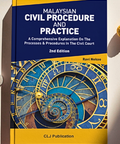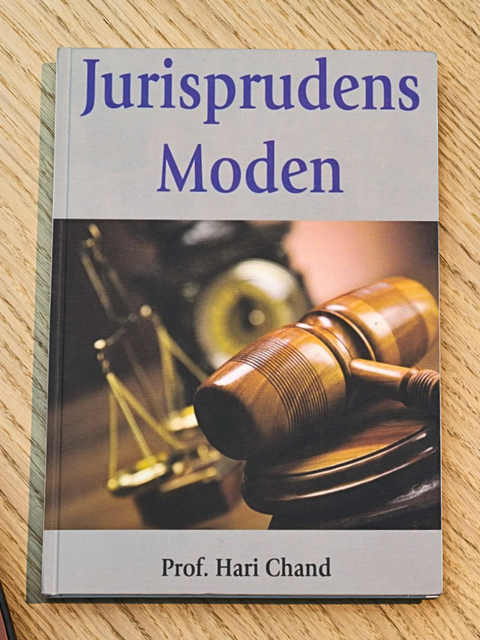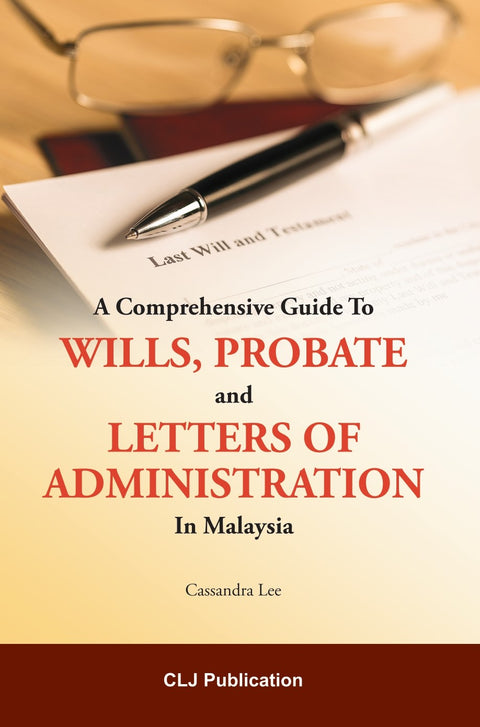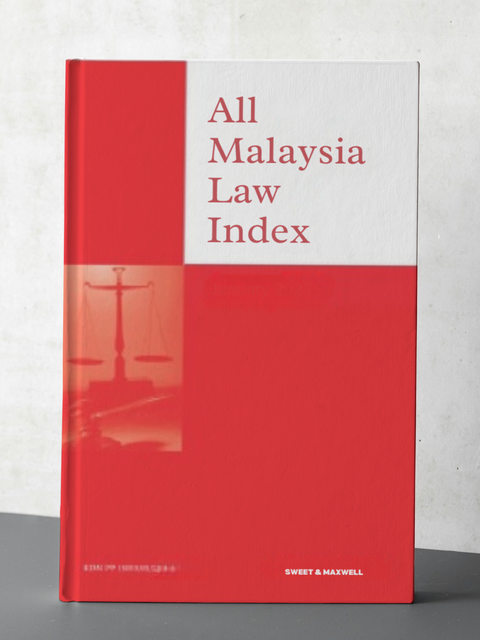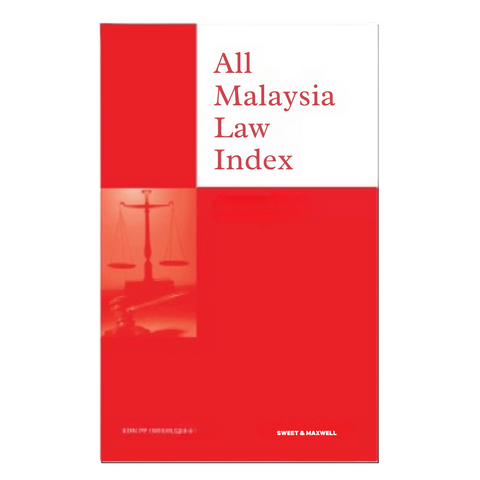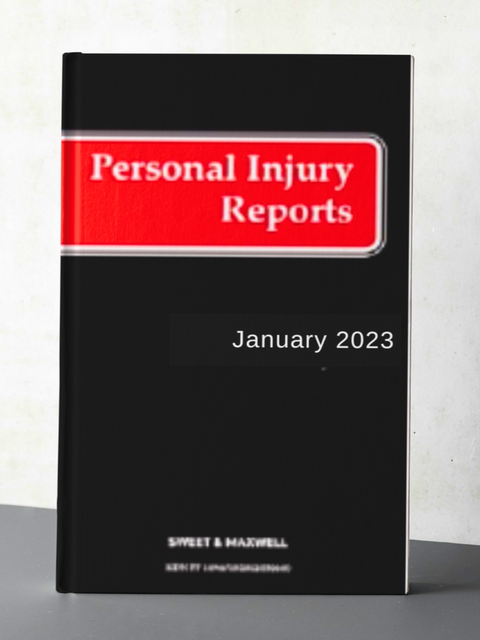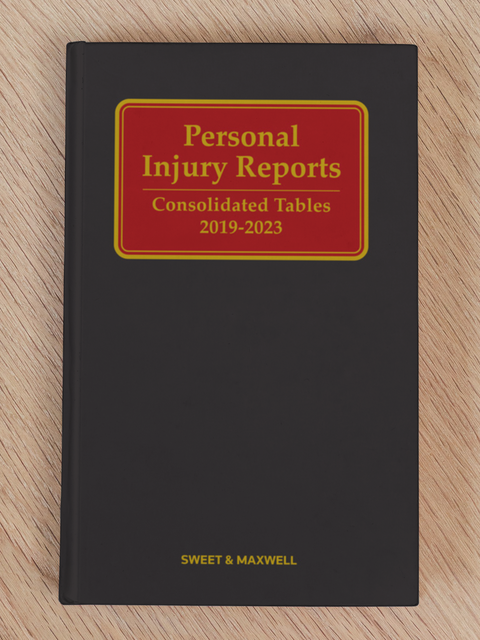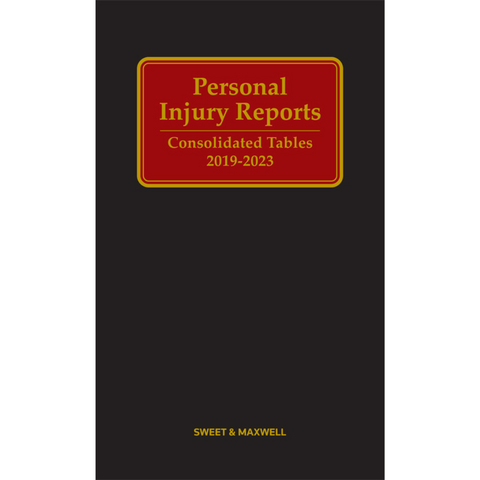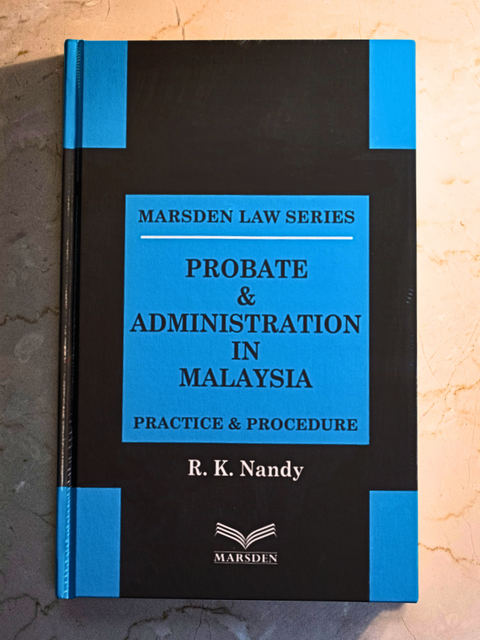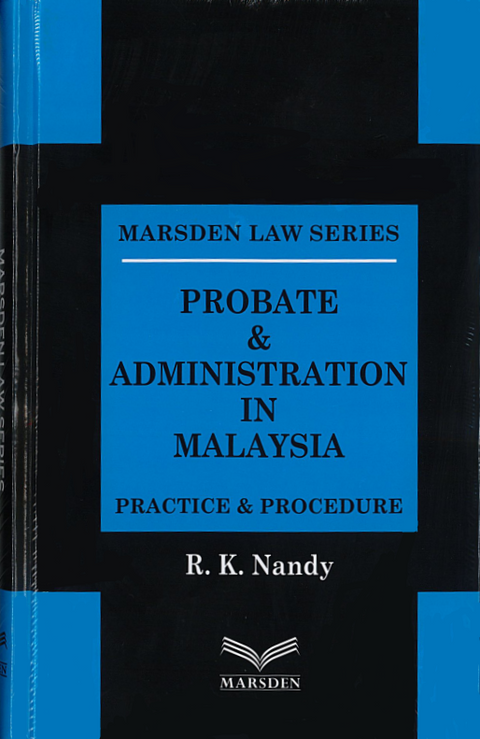
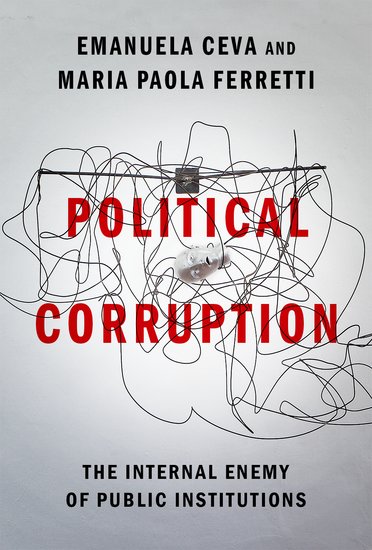


Political Corruption by Emanuela Ceva and Maria Paola Ferretti | 2021
Political Corruption by Emanuela Ceva and Maria Paola Ferretti | 2021
| Author | Emanuela Ceva & Maria Paola Ferretti |
| Publication Date | Sept 2021 |
| ISBN | 9780197567869 |
|
Format |
Hard Cover |
| Publisher | Oxford |
- Offers the initial comprehensive examination of political corruption within the context of public ethics
- Highlights the shared origin of both personal and organizational expressions of political corruption
- Reinterprets anti-corruption efforts beyond conventional legalistic punitive methods, emphasizing the need for officeholders to actively combat political corruption as part of a broader public ethics framework centered on office accountability.
From the proliferation of kleptocracy in Venezuela, impacting the nation's economy, to President Trump appointing family members to high-ranking White House positions, and President Lukashenko's persistent grip on power in Belarus, political corruption is a global issue—so widespread that it is challenging to monitor comprehensively. These examples demonstrate that political corruption is often linked to various abuses of power, stemming either from individual character flaws or emerging within dysfunctional institutions. However, according to Emanuela Ceva and Maria Paola Ferretti, this fragmented perspective is insufficient. They argue that individual and institutional instances of political corruption share a common origin, only fully graspable by addressing corruption and anti-corruption within the framework of a public ethics of office. Political corruption acts as a Trojan horse, undermining public institutions from within through a interconnected behavior of officeholders. Even well-designed and legitimate institutions can go astray if officeholders, through their actions, fail to uphold a public ethics of office accountability.
The book provides a meticulously defined concept of political corruption and explores its shared normative root in two forms—corrupt individual character and corrupt institutional mechanisms. Both are seen as relationally wrongful practices involving an unaccountable use of the power of office by public institution officeholders. From this perspective, political corruption is perceived as an internal threat to public institutions, requiring opposition by mobilizing officeholders to remain accountable and mutually responsible for their actions. Anti-corruption, therefore, emphasizes the responsibility of officeholders to collaboratively uphold an interactively just institutional system.
Table of Contents of Political Corruption:
Introduction
Chapter 1: What Political Corruption is
Chapter 2: Political Corruption: Individual or Institutional?
Chapter 3: How is Political Corruption Wrong?
Chapter 4: Responsibility for Political Corruption
Chapter 5: Opposing Political Corruption
Conclusion
References
About The Author(s) of Political Corruption:
Emanuela Ceva is a Professor of Political Theory at the University of Geneva, with a distinguished academic background that includes fellowships at prominent institutions such as Oxford, Hitotsubashi (Tokyo), St Andrews, Montréal, Hamburg, Harvard, and KU Leuven. In 2018, she received a Fulbright Research Scholarship in Philosophy. Her primary focus is on the normative theory of institutions, exploring themes related to conflict and justice, democracy, and corruption. She has authored Interactive Justice (Routledge, 2016), co-authored Is Whistleblowing a Duty? (Polity, 2018), and contributed articles to esteemed journals like The Journal of Political Philosophy, Social Philosophy & Policy, Politics, Philosophy & Economics, and Philosophy Compass.
Maria Paola Ferretti holds the position of Professor ad interim of Political Theory and Philosophy and is a member of the Normative Orders Research Center at Goethe University in Frankfurt am Main. Her research interests encompass contemporary liberalism, democratic participation, and the ethics of public policy. She is the author of The Public Perspective: Public Justification and the Ethics of Belief, published by Rowman and Littlefield.

